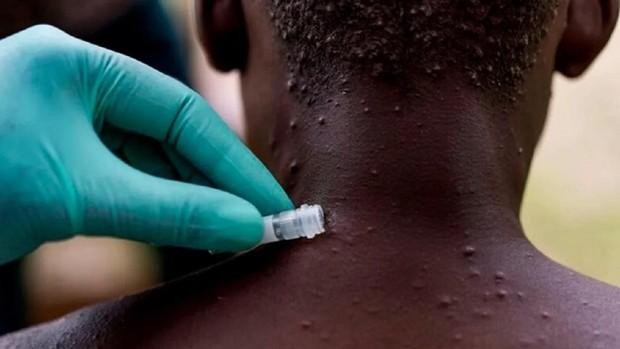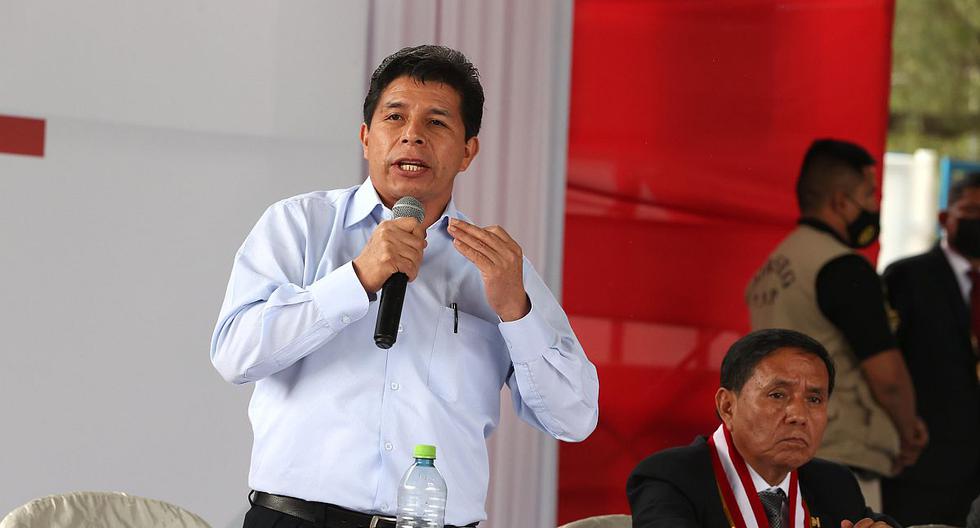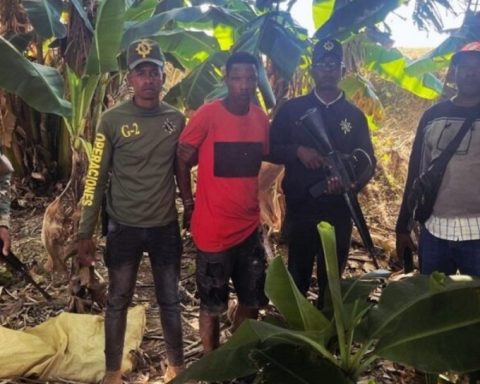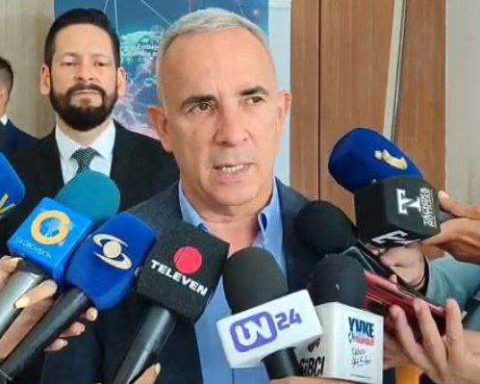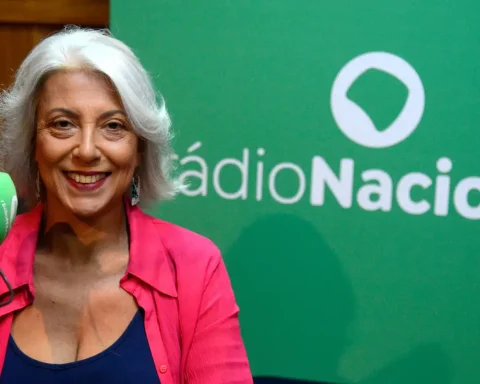Covid caused the world to rethink its way of dealing with health crises, but changes are too slow and it will take years both to end this disease and to be prepared for future threats, warns the latest major global assessment on the response to the pandemic.
Source: Efe
The third report of the independent panel of experts created with the approval of the World Health Organization (WHO) to analyze the management of the pandemic is pessimistic: we are just as exposed as before 2020.
“If a new health threat were to emerge this year, the world would rely on the same tools it had at the end of 2019,” said former New Zealand Prime Minister Helen Clark, who led the independent panel alongside the former Liberian president and Nobel laureate. of Peace Ellen Johnson Sirleaf.
At the current rate, and with the diversion of attention caused by new challenges such as the war in Ukraine or the inflationary spiral, “it could take years to achieve a reliable international system that can quickly identify and contain a new pandemic threat, something that It can appear at any time.
INFECTIONS AND DEATHS SHOWED THE LACK OF PROGRESS
The figures well illustrate this lack of progress: in the year since the panel issued its first recommendations, there have been 352 million covid infections (twice as many as those detected before May 2021) and 2.8 million deaths (almost the same number as before).
One of the issues in which there has been more paralysis is in the fair distribution of vaccines: while in middle and high income countries the percentage of people with at least the first complete guideline exceeds 70%, in the nations of low income is only 12%.
“A year and a half after achieving the amazing discovery of vaccines against covid, 2.8 billion people on the planet are still waiting for a first dose,” warned panel expert Joanne Liu, former president of Doctors Without Borders (MSF).
The new report warns that many countries will not reach the goal set by the WHO of reaching 70% of people vaccinated in their territories by the middle of this year, including Latin American nations such as Mexico, Bolivia or Paraguay, all of Africa, a large part from Eastern Europe or giants like India and the USA.
SLOWNESS IN WHO REFORMS
The group of experts, who a year ago advised increasing funding for the WHO, guaranteeing its independence and its ability to issue effective preventive regulations, points out in this new report that progress in this regard is too slow.
For example, WHO members have recently agreed to increase to 50% the percentage of the organization’s budget paid by states, in order to make it less dependent on donations and companies, but this reform will be implemented progressively and will not be applied fully until 2030/31.
Similarly, there are steps towards creating an international pandemic preparedness treaty or equivalent mechanism, and changing international health regulations to give the WHO more autonomy in an emergency, but it is not expected to be approve all this before 2024, and it will take longer until it enters into force.
A GLOBAL FIGHT FUND
The experts also ask that the mandate of the WHO director general be shortened to a single period of seven years (now it can reach ten), and that countries allocate between 10,000 and 15,000 million dollars annually to pandemic preparedness programs.
These contributions, which must be distributed according to the economic power of each country, “should not be confused with humanitarian aid, because this fund must be for everyone, not just for developing countries,” said Colombian Mauricio Cárdenas, member of the panel and former minister of various portfolios in his country.
The experts also demand that the United Nations General Assembly organize a high-level meeting “to establish a coherent agenda towards the end of covid and the management of possible future pandemics,” Helen Clark said today.
“The current one could and should be the last pandemic with such devastating effects, but it requires more attention, even at a time when the world grapples with geopolitical tensions, inflation and the impact of climate change,” the report concludes. .
